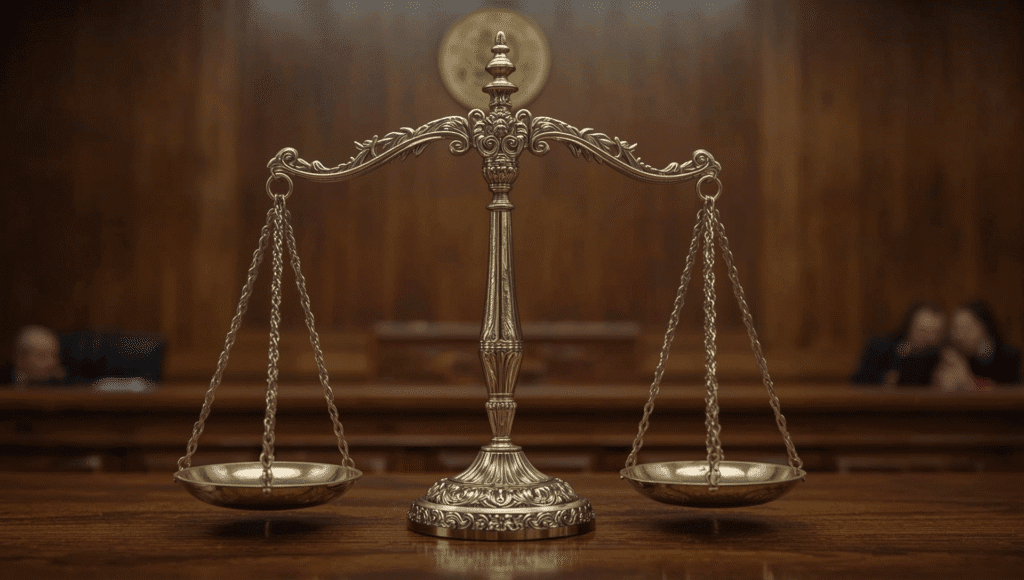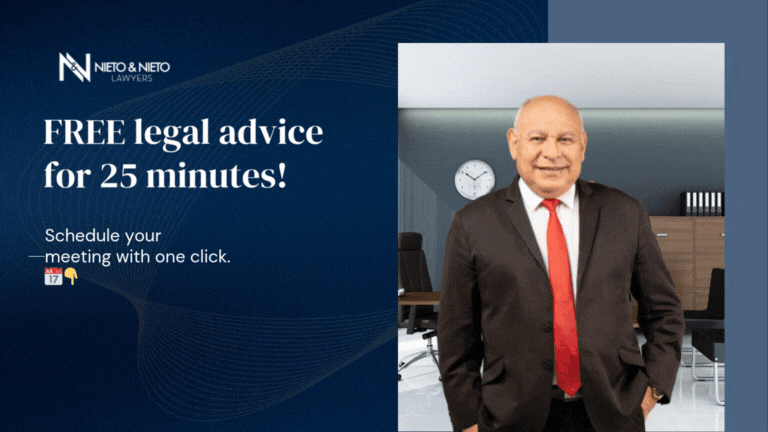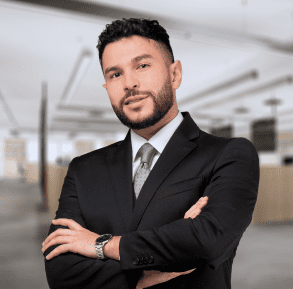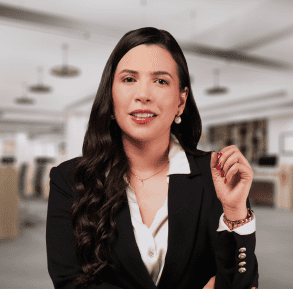In Colombia, a judge used ChatGPT to resolve a health case. The Constitutional Court stepped in and made it clear: artificial intelligence can be a support tool in justice, but it has strict limits.
The Case: Decision T-323 of 2024

A first-instance judge used ChatGPT to draft part of a ruling in a tutela (constitutional protection action) about a patient seeking access to a health service. The decision sparked debate: Can AI decide on fundamental rights? The Colombian Constitutional Court, in Decision T-323 of 2024, reviewed the case and set clear rules for the use of AI in the judicial system.
What Did the Court Say?

The Court did not ban AI but imposed strict boundaries under four key principles:
- Complementarity: AI may support the judge, but it can never replace judicial reasoning.
- Transparency: judges must disclose if they used AI and explain its purpose.
- Proportionality: AI can only intervene in what is necessary, not in the core of the decision.
- Temporality: judges must continuously evaluate the risks of relying on AI.
Fundamental Rights at Stake

The Court emphasized that using tools like ChatGPT directly affects:
- Due Process: parties must know how the decision was made.
- Right to Information: AI sources are not always verifiable.
- Equality of Arms: no party should be at a disadvantage because of opaque decisions.
Why Is This Important?

With this ruling, Colombia positions itself as a pioneer in judicial regulation of artificial intelligence in Latin America. The message is clear: AI can be a helpful tool, but it cannot replace human judgment or constitutional guarantees.
FAQs

Can a judge base an entire ruling on ChatGPT?
No. The Court made it clear that AI can only serve as support, never as the main source of the decision.
What if a judge doesn’t disclose the use of AI?
This could be considered a violation of due process because of a lack of transparency.
Does this apply only to judges?
No. While the case involved the judiciary, the principles also guide other authorities and companies using AI in decisions that affect rights.
Thinking of entering or growing in the Colombian market?

The Sentencia T-323 of 2024 is a clear reminder: technology, AI, and business decisions in Colombia must align with strong legal frameworks.
At Nieto Lawyers, we help foreign startups, investors, and international companies understand and comply with Colombian regulations — from AI compliance and data protection to corporate structuring and market entry strategies.
Whether you’re bringing your startup to Colombia, investing in local opportunities, or expanding operations, we’ll make sure your projects are protected, compliant, and ready to grow.
[Schedule a consultation with our team today] and take your first step into Colombia with confidence.
 WhatsApp
WhatsApp







